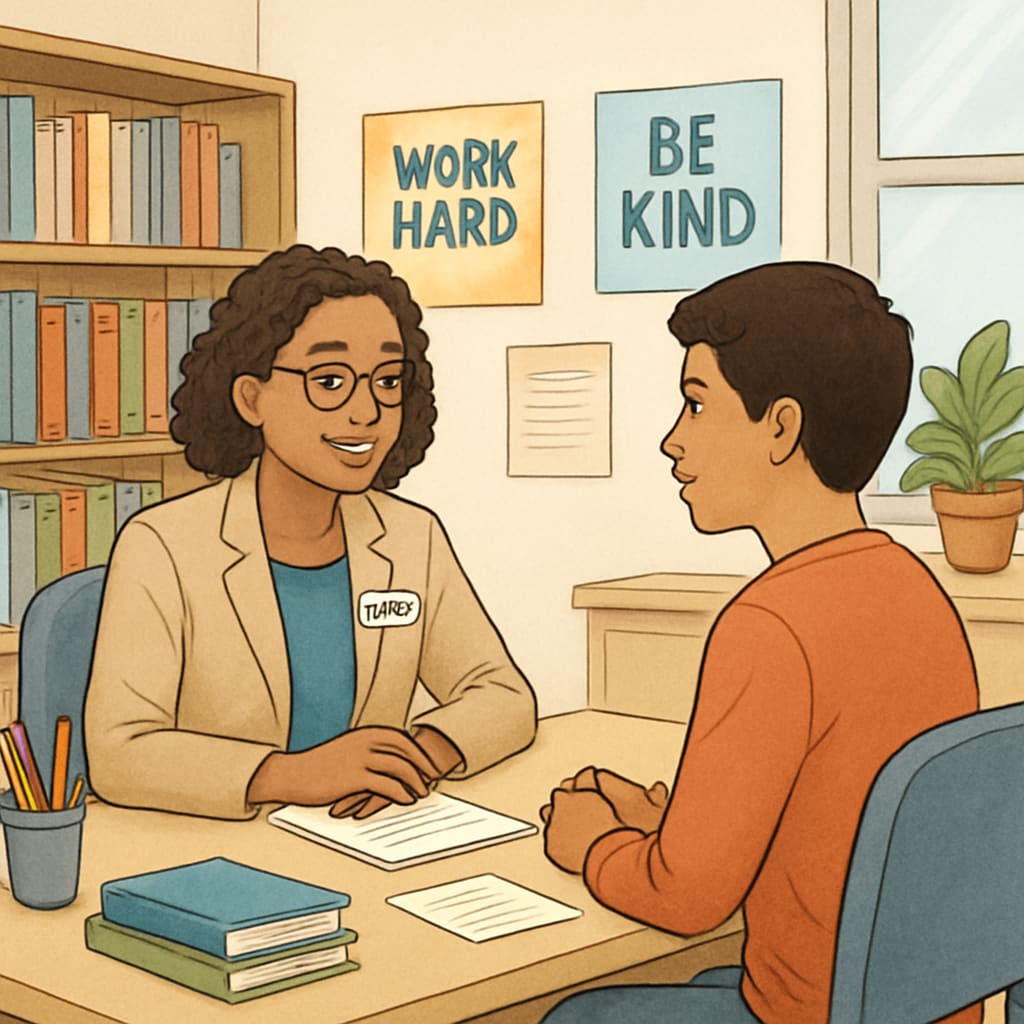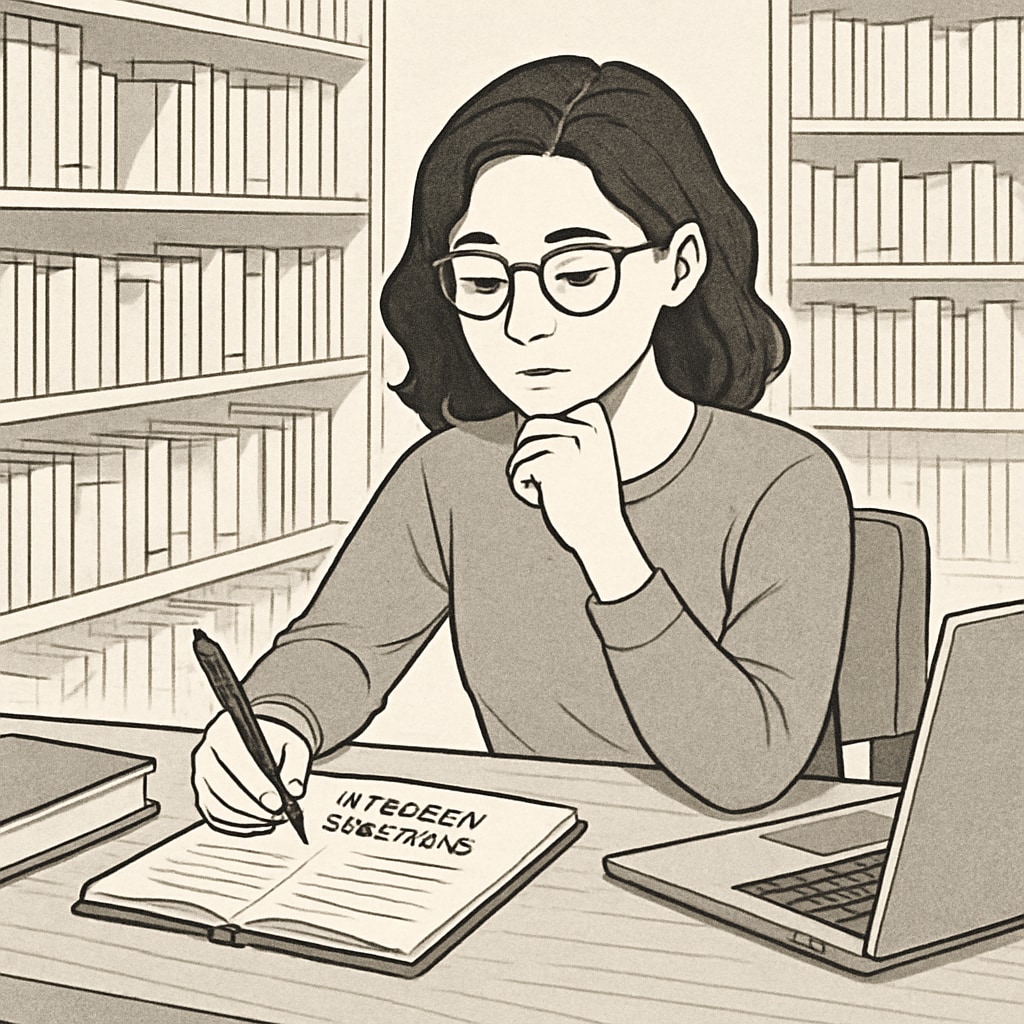School counselors play a pivotal role in K12 education, serving as a cornerstone for student support and development. Whether addressing mental health needs, academic planning, or social challenges, their work directly impacts student success. However, graduate students conducting research assignments often face difficulties in connecting with school counselors as interview subjects. Bridging the gap between academic research and educational practice is essential to ensure that research findings are both practical and impactful. This article delves into the importance of school counselors in the education system, examines the challenges in facilitating interviews for graduate research, and provides constructive strategies to strengthen collaboration between researchers and practitioners.
The Critical Role of School Counselors in Education
School counselors are integral to student success in the K12 education system. They provide guidance on academic pathways, address social-emotional challenges, and contribute to a positive school climate. For example, counselors may offer interventions for students struggling with anxiety or provide resources to support college and career readiness. Their work requires a unique combination of interpersonal skills, educational expertise, and a deep understanding of child development.
In addition to their direct impact on students, school counselors can offer valuable insights to researchers studying educational systems and practices. Their firsthand experience makes them ideal collaborators for academic studies focused on child psychology, curriculum effectiveness, and school-wide interventions. However, despite their potential as research contributors, accessibility to these professionals can pose a challenge for graduate students conducting interviews.

Challenges in Connecting with School Counselors for Research
While school counselors offer rich insights for academic research, finding willing participants for interviews can be a complex process. Graduate students often encounter the following challenges:
- Time Constraints: Counselors are often overwhelmed with their daily responsibilities, leaving little time for additional commitments like participating in interviews.
- Institutional Gatekeeping: Schools may have strict policies limiting external research activities to protect student privacy and ensure compliance with guidelines.
- Communication Barriers: Graduate students may lack the professional networks or outreach skills necessary to connect with counselors effectively.
These challenges can discourage aspiring researchers from engaging with practitioners in the field, creating a disconnect between academic theory and real-world application. To address this issue, it is crucial to develop strategies that facilitate meaningful collaboration.

Strategies to Foster Collaboration Between Researchers and Practitioners
Building strong connections between researchers and school counselors requires intentional effort and mutual understanding. Below are practical strategies that can help bridge the gap:
- Establish Clear Objectives: Researchers should outline the goals and significance of their study, demonstrating how the findings could benefit educational practice.
- Leverage Professional Networks: Graduate students can reach out to local or national counseling associations to identify potential interview subjects. For example, organizations like the American School Counselor Association provide directories and resources for connecting with professionals.
- Respect Counselors’ Time: Scheduling interviews during less busy periods, such as summer breaks, can make participation more feasible for counselors.
- Ensure Confidentiality: Researchers must adhere to ethical guidelines, assuring counselors that sensitive information will be safeguarded.
- Collaborative Feedback: Sharing study results with participants fosters a sense of partnership and demonstrates the practical value of their input.
By adopting these strategies, researchers can create a collaborative environment that benefits both academic inquiry and educational practice. As a result, the findings can have a more tangible impact on the K12 education system, ultimately improving outcomes for students.
Conclusion: Bridging Academic Research and Educational Practice
School counselors are essential contributors to both student development and educational research. Their insights offer a unique perspective that enhances understanding and informs effective policies. However, the challenges faced by graduate students in finding interview subjects highlight the need for better collaboration mechanisms. By establishing clear communication channels, respecting professional boundaries, and demonstrating mutual benefits, researchers and practitioners can work together effectively. Ultimately, bridging this gap will strengthen the connection between academic theory and practical application, driving meaningful progress in education.
For more information on the role of school counselors in education, visit the School Counselor overview on Britannica.


